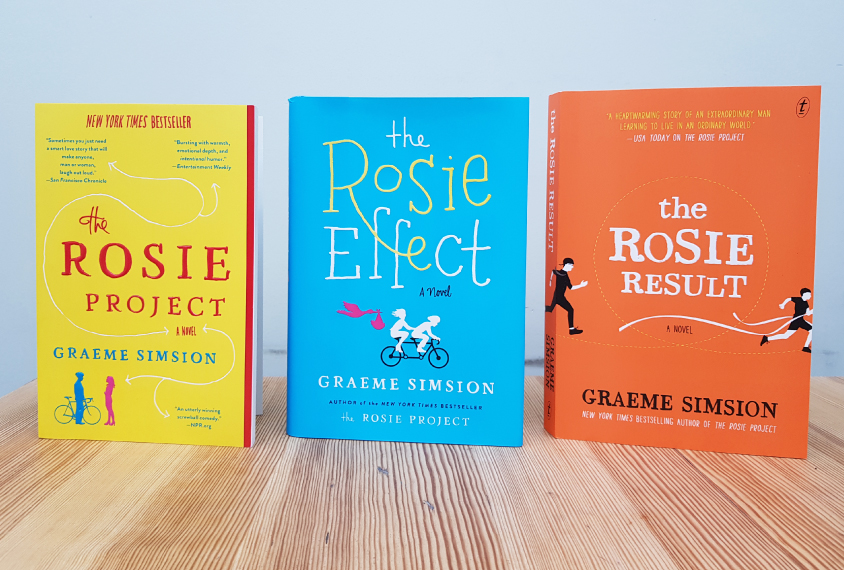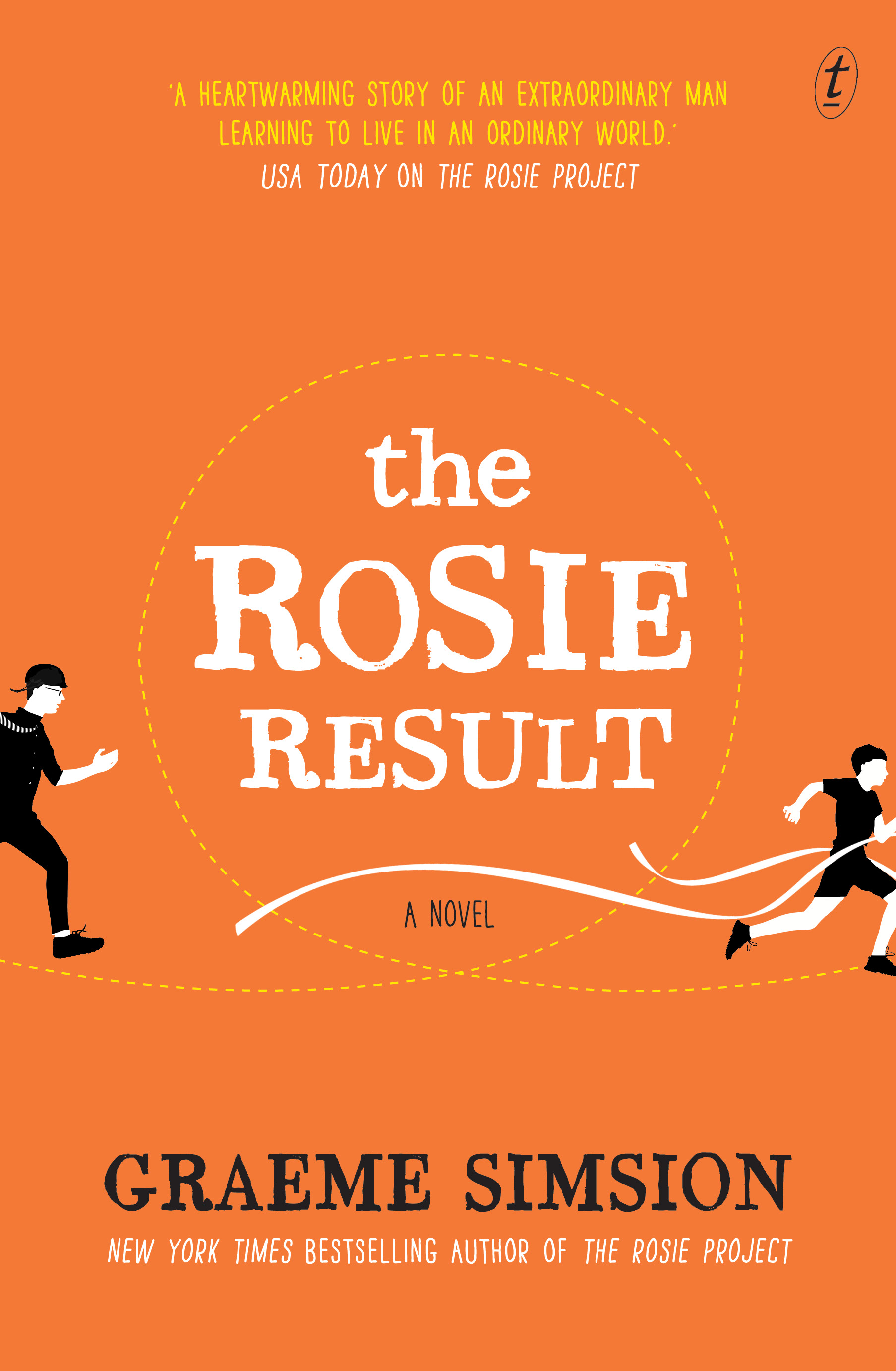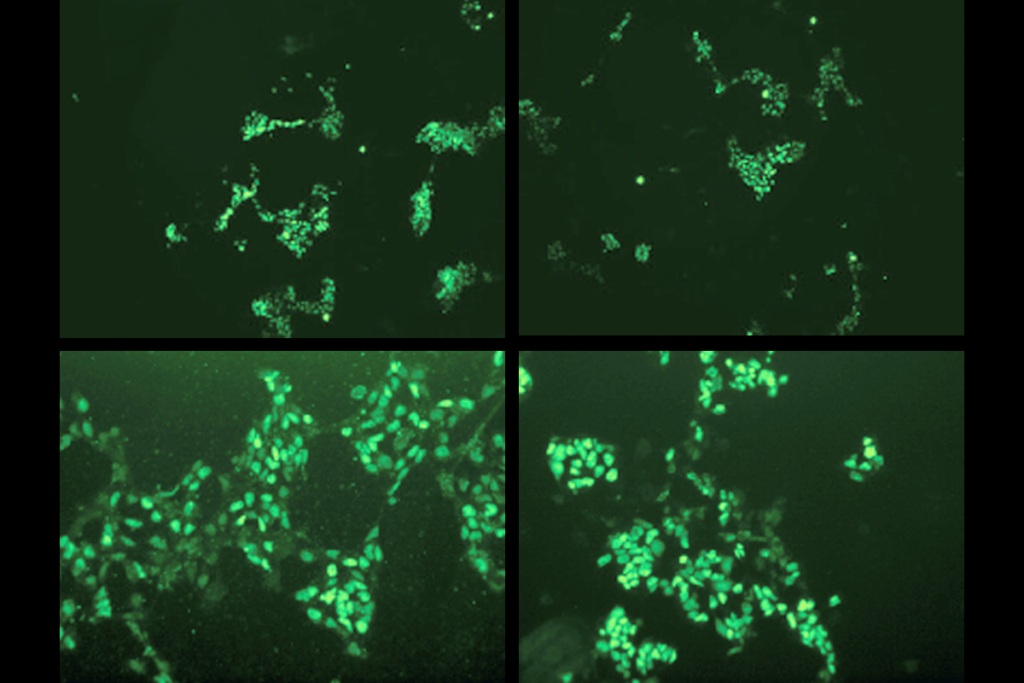
Book review: ‘The Rosie Result’ crafts foolish caricatures of autism
In the final installment of Graeme Simsion’s bestselling Rosie trilogy, the protagonist’s implied autism becomes explicit — and leaves our reviewer cold.
Graeme Simsion’s new book, “The Rosie Result,” is the final installment of a trilogy focused on Don Tillman, a man who Simsion has implied since the first book is autistic. The first novel in the series, “The Rosie Project,” won multiple international awards and was lauded by Bill Gates. It charted Don’s hapless forays into romantic relationships. In “The Rosie Result,” set more than a decade later, we find Don grappling with the challenges of fatherhood, with a son who may be on the spectrum — and facing the possibility that he may be on the spectrum himself.
I am an autistic adult. And to put it plainly, “The Rosie Result” is the worst new book I have read in the past three years.
I generally take pains to focus on the positives of any creative work. But the best I can say about this book is that with its reasonably large text, simple vocabulary and fewer than 400 pages, it’s an easy read, technically speaking.
And yet, in other ways, it’s an excruciating read. The narrative is poorly constructed; it skips forward in time, over and over, giving the impression of a movie montage. Characters who haven’t interacted in a decade remember banal conversations as if they had happened the previous day. The technique does not work with Simsion’s otherwise plodding, sequential prose, and it makes the story hard to follow.
More seriously, I find Simsion’s portrayal of autism foolish at best, deeply offensive at worst.
The protagonist, Don, is cut from the same cloth as Hugh Dancy’s Adam in the eponymous film, Sheldon from “The Big Bang Theory” and the protagonists of “The Good Doctor” and “Atypical.” All portray clueless, quirky white male geniuses to represent autism.
Don compulsively estimates the body mass index of each person he encounters. He harangues his friend Dave, who is obese, to go to the gym, warning Dave that if he doesn’t lose weight his wife will leave him. Later, Don gives his wife, Rosie, athletic shoes for their anniversary and tells her that she should spend more time in the gym. Somehow, Rosie finds this charming rather than insulting.
Unpleasant shrews:
Simsion is no better at writing women than he is at writing autism. To his credit, there are multiple autistic women in “The Rosie Result.” Unfortunately, though, they are either villains or intolerably shrill. One character, Liz, for example, is a purple-haired lesbian activist, presumably meant to represent a member of the neurodiversity movement. She wears an “Autistic Lives Matter” T-shirt and makes divisive statements such as, “You’re either autistic or you’re neurotypical.”
In contrast, Simsion’s autistic men are mostly portrayed as good and pleasant, if somewhat misunderstood; Dov, Tazza the Geek, Merlin, and Don’s son Hudson are all inoffensively nerdy young white men.

“The Rosie Result” botches issues of race too. Within the first 20 pages of the book, Don decides to give his class a lesson on race and genetics by using the words “negroid” and “mongoloid” and having his students line up in order from lightest to darkest skin. The faculty encourages Don to chalk this behavior up to his autism, and Simsion clearly wants his reader to see it as an unfortunate misunderstanding on Don’s part. The message is cringe-worthy.
Later in the novel, we realize that the incident was a setup for one of Don’s students, a white woman, to aggrandize herself by humiliating him. Because the neurotypical women in “The Rosie Result” are unpleasant shrews, too.
Special cases:
Simsion’s representation of science is barely more accurate than his depictions of autism and women. Don explains his work as a geneticist, without an ounce of irony: “I am trying to find a cure for cancer. It’s quite difficult.”
At one point, Don, Rosie and Hudson earnestly debate the idea of Rosie leaving her job as a researcher developing drugs for bipolar disorder. The trio argues about the number of people who might commit suicide without her continued research. I’m not a scientist, but I don’t think that’s how it works.
If you liked “The Rosie Project” and “The Rosie Effect,” you will probably like “The Rosie Result.” It ties up everyone’s stories and ends with a happily ever after. But for me, “The Rosie Result” completely misses the mark when it comes to representing autism, not to mention other important topics.
As the inscription, a quote from Albert Camus, says: “We are all special cases.” Personally, I would like portrayals of autism in fiction to be considerably less special. I want portrayals of autistic people who are neither exceptionally gifted savants nor human maelstroms who destroy their families’ lives. I want to read about autistic characters who are as nuanced and complex as all people are. “The Rosie Result” does not deliver.
Recommended reading

Developmental delay patterns differ with diagnosis; and more

Split gene therapy delivers promise in mice modeling Dravet syndrome

Changes in autism scores across childhood differ between girls and boys
Explore more from The Transmitter

Smell studies often use unnaturally high odor concentrations, analysis reveals

‘Natural Neuroscience: Toward a Systems Neuroscience of Natural Behaviors,’ an excerpt
